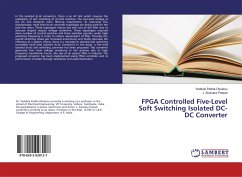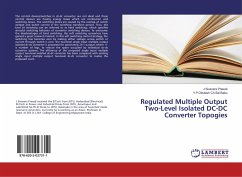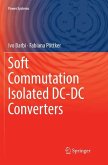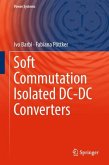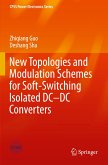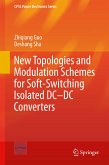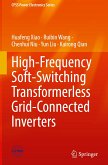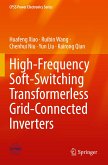In the isolated dc-dc converters, there is an AC link which requires the realization of soft switching of control switches. The two-level voltage at the AC link demands more filtering requirement. To overcome this disadvantage, multi level dc-dc converter topologies are being used for the past few years. These topologies reduce size and cost of the filter due to staircase shaped output voltage waveform. These topologies required more number of control switches and these switches operate under high switching frequency in order to reduce requirement of filter. Thereby, the overall switching losses get increased enormously and finally decrease the efficiency of a system. Hence, there is a necessity to develop soft switching controlled multi level isolated dc-dc converters. In this book, a five level isolated dc-dc soft switching converter has been proposed. This converter generates five- level voltage waveform in the primary side of high frequency transformer hence, the size of dc output filter is reduced. The proposed converter has been implemented using FPGA controller and its performance is tested through simulation and experimentation.
Bitte wählen Sie Ihr Anliegen aus.
Rechnungen
Retourenschein anfordern
Bestellstatus
Storno

